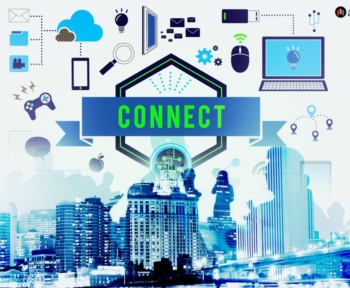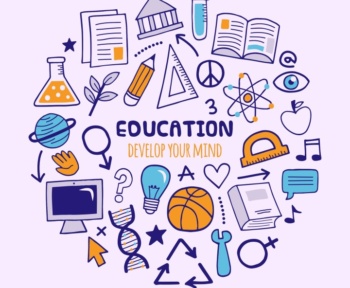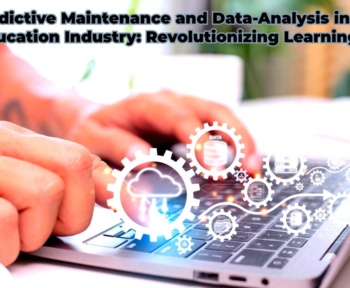In today’s rapidly evolving technological landscape, the Internet of Things (IoT) is revolutionizing various industries, including education. IoT in education is not just about integrating gadgets into classrooms; it’s about transforming the learning experience and equipping students with essential skills for the future. Let’s explore 20 skills that students can learn through IoT in the education industry:
1. Critical Thinking
Scenario: Students use IoT devices to collect data on environmental changes in their school surroundings. They analyze the data to draw conclusions and propose solutions for sustainability.
2. Problem-Solving
Scenario: Students collaborate on a project to design a smart classroom using IoT technology. They encounter challenges along the way, requiring them to troubleshoot and find innovative solutions.
3. Data Analysis
Scenario: Students utilize IoT sensors to gather real-time data on energy consumption in their school. They interpret the data to identify patterns and make informed decisions on resource management.
4. Coding and Programming
Scenario: Students engage in programming exercises to develop IoT applications that enhance classroom interactions and automate routine tasks.
5. Interdisciplinary Collaboration
Scenario: Students from different disciplines work together on a project that integrates IoT technology with art, science, and literature to create a holistic learning experience.
6. Adaptability
Scenario: Students explore various IoT devices and platforms, learning to adapt to new technologies and updates to stay ahead in a constantly changing digital environment.
7. Creativity
Scenario: Students engage in IoT-driven creative projects, such as designing interactive exhibits or developing multimedia presentations that showcase their artistic talents.
8. Communication Skills
Scenario: Students participate in virtual classrooms enabled by IoT, where they practice effective communication through online discussions, video conferences, and collaborative platforms.
9. Ethical Decision-Making
Scenario: Students discuss the ethical implications of IoT in education, including data privacy, security risks, and digital citizenship, leading to thoughtful reflections and responsible use of technology.
10. Information Literacy
Scenario: Students learn to discern credible sources of information when conducting research using IoT-enabled databases and online resources, honing their information literacy skills.
11. Project Management
Scenario: Students organize and execute IoT-based projects, from planning and budgeting to implementation and evaluation, developing essential project management skills along the way.
12. Time Management
Scenario: Students leverage IoT tools, such as smart calendars and reminders, to manage their academic schedules efficiently, prioritizing tasks and meeting deadlines effectively.
13. Innovation
Scenario: Students participate in hackathons or innovation challenges that encourage them to brainstorm creative IoT solutions to address educational challenges and societal issues.
14. Global Awareness
Scenario: Students connect with peers worldwide through IoT-enabled platforms, fostering cultural exchange, global collaboration, and a broader perspective on global issues.
15. Cybersecurity
Scenario: Students learn about cybersecurity threats and best practices for safeguarding IoT devices and networks, enhancing their digital security awareness, and protecting sensitive data.
16. Data Privacy
Scenario: Students explore the importance of data privacy in IoT applications, understanding the implications of sharing personal information, and advocating for privacy rights in the digital age.
17. Self-Directed Learning
Scenario: Students take ownership of their learning journey by utilizing IoT resources for personalized learning experiences, setting goals, tracking progress, and seeking feedback autonomously.
18. Resilience
Scenario: Students face technical challenges or system failures while working with IoT devices, developing resilience and perseverance to overcome obstacles and learn from setbacks.
19. Environmental Awareness
Scenario: Students engage in environmental monitoring projects using IoT sensors to track air quality, temperature, and energy consumption, fostering environmental awareness and sustainability practices.
20. Future Readiness
Scenario: Students gain a competitive edge in the job market by acquiring IoT skills that are in high demand across industries, preparing them for future careers in technology, innovation, and digital transformation.
IoT in the education industry offers a myriad of opportunities for students to cultivate essential skills that will empower them to thrive in a technology-driven world. By embracing IoT technologies and integrating them into the curriculum, educators can create engaging learning experiences that nurture creativity, critical thinking, collaboration, and adaptability. As we look towards the future, the skills learned through IoT in education will continue to shape the next generation of innovative thinkers and change-makers. Let’s embark on this exciting journey of digital learning and prepare students for success in the digital age!





